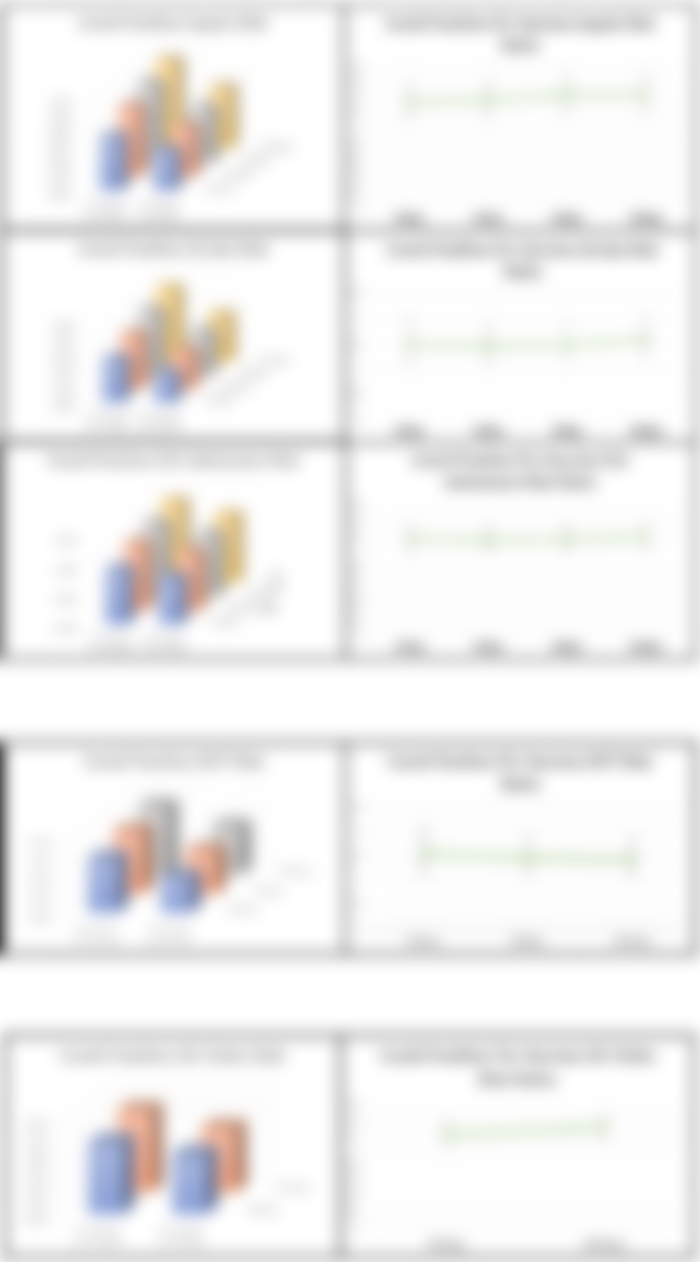Introduction
A week ago, I discussed how Biden's vaccine mandate would ultimately be a fool's errand. From ignoring a key principle of healthcare (autonomy) to sending mixed messages to the falling cases of the Delta variant, the mandate only serves to further exacerbate hesitancy. While the manifestation of adverse side effects from the COVID vaccines is statistically rare, it still happens from time to time and telling individuals who are skeptical of the vaccine's safety to shut up does not help. Instead, it makes them even less willing.
So if a lot of people are still unwilling to take the COVID vaccines and ivermectin continues to be "politically incorrect" (check out my article on the MSM's anti-ivermectin campaigning), what options can they take to at least shore up their immune systems in case they do catch COVID?
There's evidence that suggests that another vaccine may help. However, unlike the extremely young COVID vaccines, this one has been around for several decades dating all the way back to World War II: the influenza vaccine. The two studies that I want to discuss are Conlon et al. (2021) and Taghioff et al. (2021). Both studies found a strong negative correlation between flu vaccination and the severity of SARS-CoV-2 symptoms with the former also observing reduced infection rates.
The Flu Vaccine vs. COVID
Conlon et al. (2021) used the Michigan Medicine healthcare system to sample 27,201 patients who tested for COVID. Of the sample, 12,997 took the flu vaccine between Aug. 1, 2019 to July 15, 2020 while the other 14,204 did not. The study observed a lower infection rate in the flu vaccine group (4%) than the unvaccinated group (4.9%) (p<0.001).
Vaccinated (against the flu) patients who tested positive for COVID were less likely to be hospitalized (p<0.001), require mechanical ventilation (p=0.004), or stay in hospitals as long as the unvaccinated patients (p<0.001). There was also a difference in terms of requiring intensive care, though i was not as statistically significant (p=0.05). The study also observed no difference whatsoever in terms of deaths.

Histogram of clinical outcomes between the vaccinated and unvaccinated (for the flu) with error bars (Conlon et al., 2021)
Taghioff et al. (2021) used a much larger sample with a cohort of 37,377 patients who did not receive the flu virus and a cohort of 37,377 patients who received the flu 6 months to 2 weeks before the study took place with all subjects having tested positive for COVID. After comparison, the study observed that individuals vaccinated against the flu have a significantly lower chance of suffering from a variety of severe symptoms.
The vaccinated group experienced decreased sepsis (p<0.01) and stroke (p<0.02). Intensive care unit (ICU) admissions were significantly lower when vaccinated against the flu at 30, 90, and 120 days (p=0.0073–0.0240). In addition, vaccinated patients had lower risks of suffering from deep vein thrombosis (DVT) 60-120 after positive COVID diagnosis (p<0.02) and were less likely to visit the emergency department (ED) 90-120 days after positive COVID diagnosis (p<0.01).

Histograms of clinical outcomes from Taghioff et al. (2021).
Closing Thoughts
From what it looks like, the flu vaccine has a significant effect on the severity of COVID symptoms. That said, I must caution to not confuse correlation with causation.
It is difficult to explain a possible reason for why Conlon et al. (2021) observed a significantly lower infection rate among the cohort vaccinated against the flu. As I explained in an old article, even vaccinated individuals (as in vaccinated against COVID) can still test positive for COVID due to the mucosal immune system catching various pathogens and COVID tests usually swabbing the upper nostrils. The flu vaccine only protects against the flu and does not make the immune system any stronger against COVID.
However, it is much easier to explain why the severity of COVID symptoms is greatly reduced. Very rarely do patients die from solely COVID. Often times, people who die with COVID have comorbidities of which one of them can be influenza. The idea is that if your body is immune against the flu, then it can dedicate all of its resources towards fighting COVID rather than fighting two viruses at the same time.
Another thing to point out is that this effect is not unique to the flu vaccine. Both studies pointed out there is evidence of strong association between other vaccines like measles, mumps-measles-rubella, Polio, and Varicella, and reduced infection and adverse outcomes. The reason for the focus surrounding the flu vaccine and its effects on COVID symptoms could be because as stated by Taghioff et al. (2021), less than half the US adults receive the flu vaccine each year.
Whether one has taken the COVID vaccines or not, it is a good idea to adopt multiple measures to prepare your immune system in case of a first-time or breakthrough infection. While the COVID vaccines are extremely young and were rushed out the door, the influenza vaccine has been around for several decades and therefore, intrinsically safer. It is also a good idea to eat healthily, reducing consumption on processed and refined foods (check out my article on the relationship between sugar and COVID).


I took the covid vaccine a few days ago . The day I was vaccinated, I had a lot of pain in my body . There was a high fever with body pain. For two days I suffered from fever and body aches.